 I’ve been observing something lately—a quiet ache that’s showing up in more and more couples in midlife. It’s that season when the kids move out, the house feels different, and suddenly, you’re sitting across the dinner table from someone you love… and realizing something has to change.
I’ve been observing something lately—a quiet ache that’s showing up in more and more couples in midlife. It’s that season when the kids move out, the house feels different, and suddenly, you’re sitting across the dinner table from someone you love… and realizing something has to change.It’s not because people miss the kids so much they can’t cope. It’s because many couples don’t know how to find a new way to live together.
Especially women—who gave so much of themselves to raise a family—are craving something more, something deeper, something that finally puts them back on their own priority list.
Especially women—who gave so much of themselves to raise a family—are craving something more, something deeper, something that finally puts them back on their own priority list.
You see, when the kids are home, life revolves around them. Many women pour their entire hearts into holding the family together. They run the house, manage the schedules, cook the meals, handle the emotional load—and often still work outside the home, contributing to the family’s income.
We do it because it’s instinctual. It fuels our sense of purpose. It’s how we feel connected to love and life.
We do it because it’s instinctual. It fuels our sense of purpose. It’s how we feel connected to love and life.
But then the kids leave. And for many women, something inside says: “Now it’s my turn.”
We want to breathe. To rest. To remember what we love. To maybe reinvent ourselves, try a new career, follow a dream that’s been on the shelf for decades. And we want our husbands to see this shift, honor it, and hold space for it.
But guess what?
Most men don’t see it at all.
To them, nothing has changed—except now, they think: “Great! The kids are gone. She has more time for me.” Or, “Now she can help more with work or household responsibilities.”
And this is where the conflict begins.
It’s not that we want to stop caring for our husbands.
It’s that we want to be recognized for all that we have done—often invisibly—for so many years. We want space to do something for ourselves at last. We want our partners to be our cheerleaders and allies, not our final child who needs endless mothering.
It’s that we want to be recognized for all that we have done—often invisibly—for so many years. We want space to do something for ourselves at last. We want our partners to be our cheerleaders and allies, not our final child who needs endless mothering.
But instead, so many men unconsciously expect more. They slide right into that mother-child dynamic: she did everything for the kids, now she should do everything for him.
We try to keep the old setup running for a while. But deep down, that balloon of disappointment starts to swell. It fills up with unspoken resentment—waiting to burst like a soap bubble at the tiniest prick. A harsh word. A dismissive glance. A thoughtless comment.
And when that balloon pops? The fight begins.
Most men don’t understand what’s happening. They say:
“What did I do wrong? I didn’t change anything!”
And they’re right: they didn’t change. But we did. We don’t want the same role anymore. We want to be seen, heard, supported. We want a partner, not another child to raise.
“What did I do wrong? I didn’t change anything!”
And they’re right: they didn’t change. But we did. We don’t want the same role anymore. We want to be seen, heard, supported. We want a partner, not another child to raise.
I believe women at this stage of life deserve more recognition than ever—more tenderness, more devotion, more celebration for the decades they gave to everyone else’s dreams.
When this doesn’t happen, the woman feels unseen, unheard, alone. And no, not every relationship is like this. But too many are. And when this stays unresolved, it grows into bitterness, distance—and eventually, divorce.
So I started asking myself: Why is this so common?
Here’s what I see: many men have an unresolved mother wound.
It’s not just a wound for women. It lives in men too.
When a boy doesn’t get the emotional nourishment he needs, he grows up looking for it from a woman. He doesn’t choose a wife—he unconsciously chooses a substitute mother.
It’s not just a wound for women. It lives in men too.
When a boy doesn’t get the emotional nourishment he needs, he grows up looking for it from a woman. He doesn’t choose a wife—he unconsciously chooses a substitute mother.
When the kids are home, he doesn’t really notice this dynamic. His wife is busy caring for everyone, including him. But when the kids move out, she wants her wife role to evolve—while he still wants his mother.
When she stops delivering what she’s done invisibly for years, he feels deprived. He might throw an adult tantrum. Or shut down emotionally. It depends on his childhood wounds.
And so the cycle repeats.
Honestly? Being a mother and caring for my family felt good. But now that my kids are grown, I do not want to be the mother in my marriage. I’m done being the cook, the cleaner, the emotional safety net, the praise machine: “Look, honey, I vacuumed today!” (Oh really? Who did it for thirty years—without applause?)
Listen carefully: you’re either his mother or his goddess.
If you’re constantly picking up his messes—literal or emotional—reminding him of his potential, holding the entire relationship’s weight on your shoulders… you’re not his partner. You’re his caretaker.
If you’re constantly picking up his messes—literal or emotional—reminding him of his potential, holding the entire relationship’s weight on your shoulders… you’re not his partner. You’re his caretaker.
Where does this come from?
Childhood.
Childhood.
A wounded man struggles to hold space for his woman’s pain—because no one ever held space for his. When she shares her hurt or her needs, he doesn’t hear, “Please love me better.”
He hears, “You’re never enough.”
He hears, “You’re never enough.”
His nervous system flashes back to being a little boy shamed by his mother. Instead of feeling with her, he defends himself. He gets cold. He goes logical:
“After everything I do for you, this is what I get?”
Or worse: “Wow, I guess I’m just a piece of shit then.”
“After everything I do for you, this is what I get?”
Or worse: “Wow, I guess I’m just a piece of shit then.”
This leaves her even more unseen, unheard, alone.
Behind every defensive man is a boy who only felt loved when he was perfect. A boy who was punished for mistakes. Taught that feelings equal failure. That connection equals danger. So when she brings her deepest vulnerability, his body goes on lockdown.
Defend. Shut down. Push away.
Defend. Shut down. Push away.
He doesn’t mean to hurt her. But he does—perfectly.
What’s changing now?
Women are done staying quiet. They’re done being invisible. They’re finally asking for what they need. And a lot of men don’t know how to handle that—because they’ve never learned to handle their own needs, first.
Women are done staying quiet. They’re done being invisible. They’re finally asking for what they need. And a lot of men don’t know how to handle that—because they’ve never learned to handle their own needs, first.
This is the dynamic I see over and over again.
My generation—our generation—carries so much hidden pain. I’ve chosen to work on my own wounds, to release what doesn’t serve me. But my husband still lives in denial. He’s convinced there’s nothing he needs to heal.
I know his traumas are buried deep. He was raised to provide financially—never emotionally. He was taught to be strong, brave, silent. To tie his worth to what he produces, not how he loves. To believe that tears are shameful, and tenderness is weakness.
So he cut off that side of himself—the feminine side that brings compassion and emotional presence.
But when a man truly values both you and himself, he doesn’t need mothering. He sees you as his goddess. He wants to meet your needs before you ask. He holds you, protects you, honors you—without needing to be coaxed or begged.
So what does a healthy relationship look like?
It’s being physically, emotionally, and mentally present for her.
It’s allowing her to feel safe expressing herself without fear of punishment or mockery.
It’s meeting conflict with curiosity, not judgment.
It’s caring when she cries—hugging her, holding her, asking what she needs.
It’s making her tea when she’s sick, instead of sulking because there’s no dinner on the table.
It’s allowing her to feel safe expressing herself without fear of punishment or mockery.
It’s meeting conflict with curiosity, not judgment.
It’s caring when she cries—hugging her, holding her, asking what she needs.
It’s making her tea when she’s sick, instead of sulking because there’s no dinner on the table.
It’s seeing her as a partner, not a replacement mother.
Too many men still expect you to carry the emotional weight for both of you—because that’s how it’s always been. But when you break down, they get confused. They don’t know what to do. It’s like when you were a child and saw your mother crying: you didn’t know how to help, so you shut down too.
Your man is still that boy—unprocessed, unheld, unresolved.
Is there a solution?
Maybe—if a man is willing to do the work, to face himself, to heal the wounds that keep him stuck. If he can open his heart and listen—really listen—to the woman he loves. If he can grow from needing a mother to being a partner.
Until then? So many couples will stay stuck in these old dynamics—until the pain is too big to ignore. Until the divorce papers are signed, even after decades. Just last month, a friend told me her parents split after 52 years together. It’s not rare. It’s happening more than we talk about.
Finding a new partner won’t fix this. The pattern just repeats—again and again—until a man decides to heal.
So, to my sisters: I see you. I know how much you’ve given. I know what you still long for.
And to the men: I hope you’ll choose to do the work.
Not for her.
But for you.
And for the life you could create—together—if you finally stopped needing your partner to be your mother.
Not for her.
But for you.
And for the life you could create—together—if you finally stopped needing your partner to be your mother.
If this speaks to you, you’re not alone.
Maybe you’re the woman ready to claim your next chapter.
Maybe you’re the man brave enough to look at your own wounds.
Maybe you’re both, standing at a crossroads, wanting something better.
Maybe you’re the woman ready to claim your next chapter.
Maybe you’re the man brave enough to look at your own wounds.
Maybe you’re both, standing at a crossroads, wanting something better.
Here’s what I know:
Healing happens when we’re willing to see each other—really see each other—beyond the old roles and expectations.
Healing happens when we’re willing to see each other—really see each other—beyond the old roles and expectations.
So ask yourself:
What kind of partner do you want to be now?
What do you need to say, feel, or heal to make that possible?
What kind of partner do you want to be now?
What do you need to say, feel, or heal to make that possible?
If you feel this in your bones comment below.
Share your story. Tell me which part woke something up inside you.
I’ll hold your truth with you.
Share your story. Tell me which part woke something up inside you.
I’ll hold your truth with you.
Because this conversation?
It’s not just mine.
It’s ours.
It’s not just mine.
It’s ours.
Xoxo
Urszula


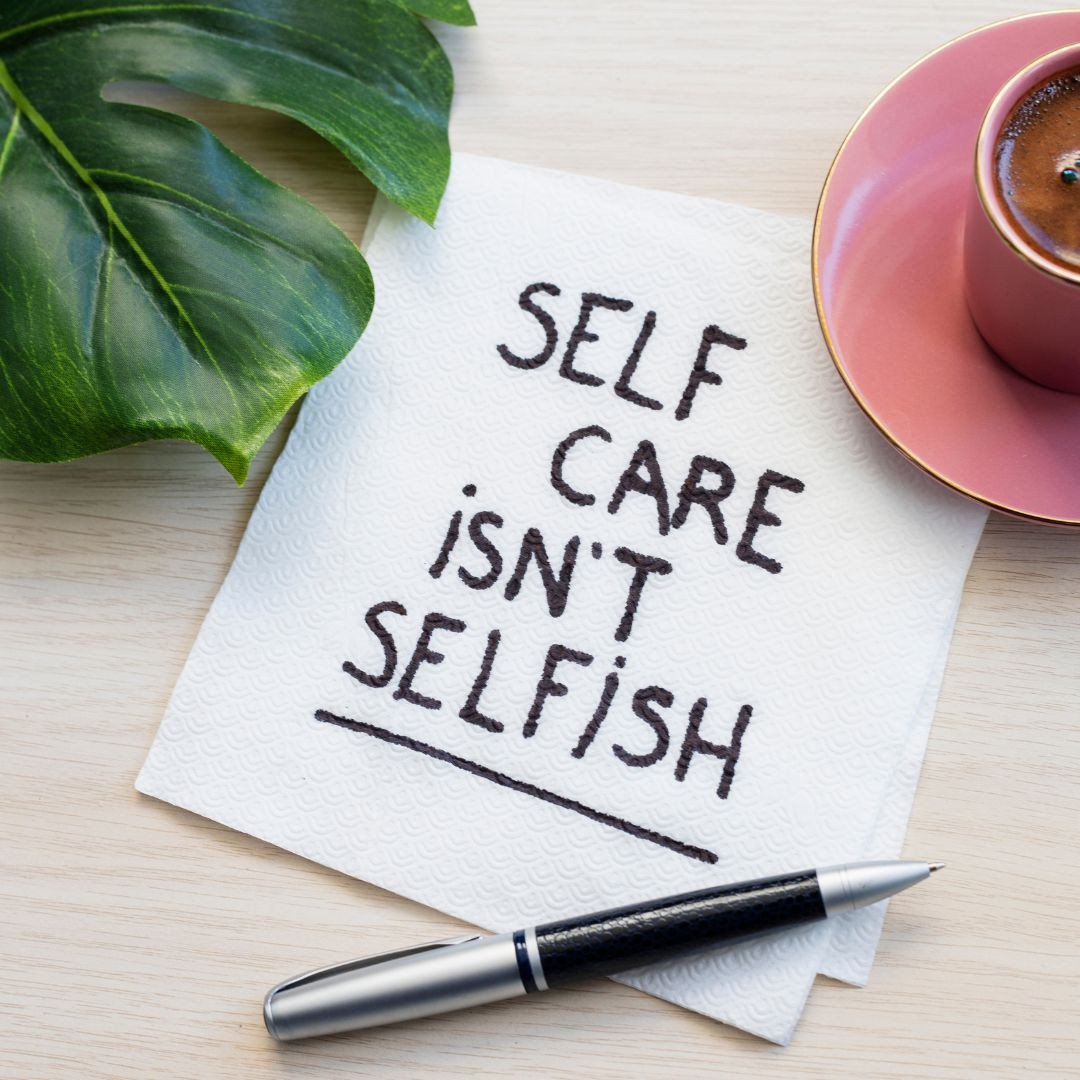

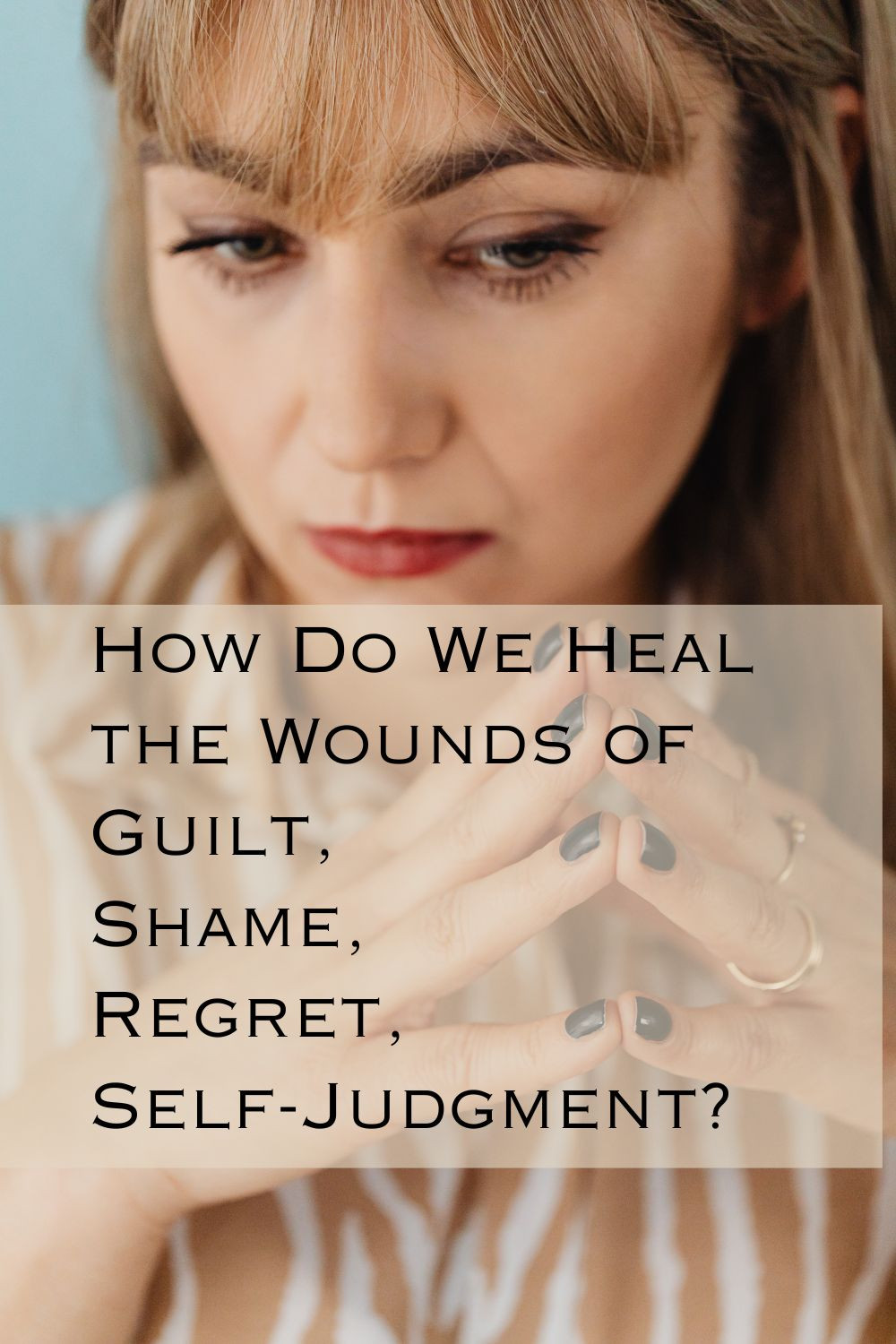


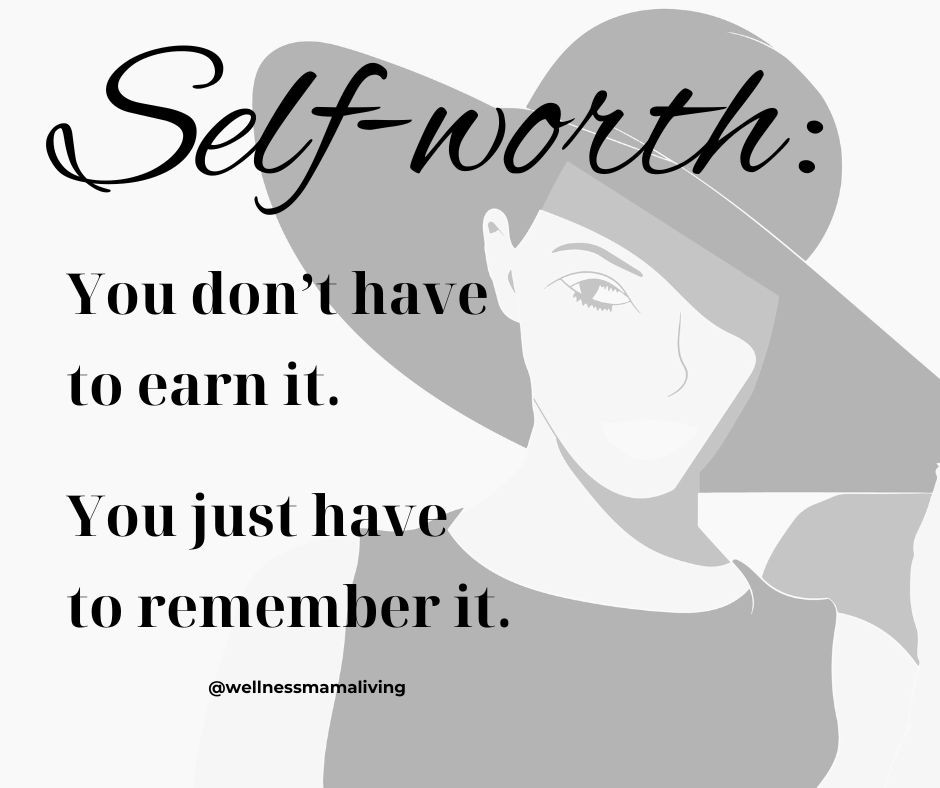
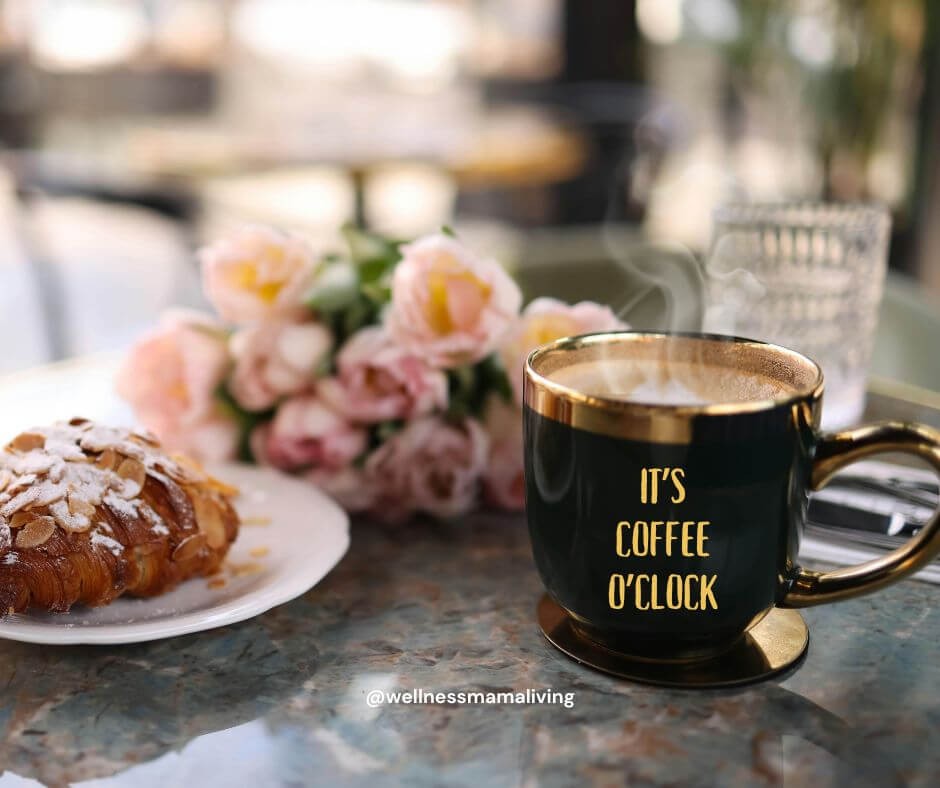
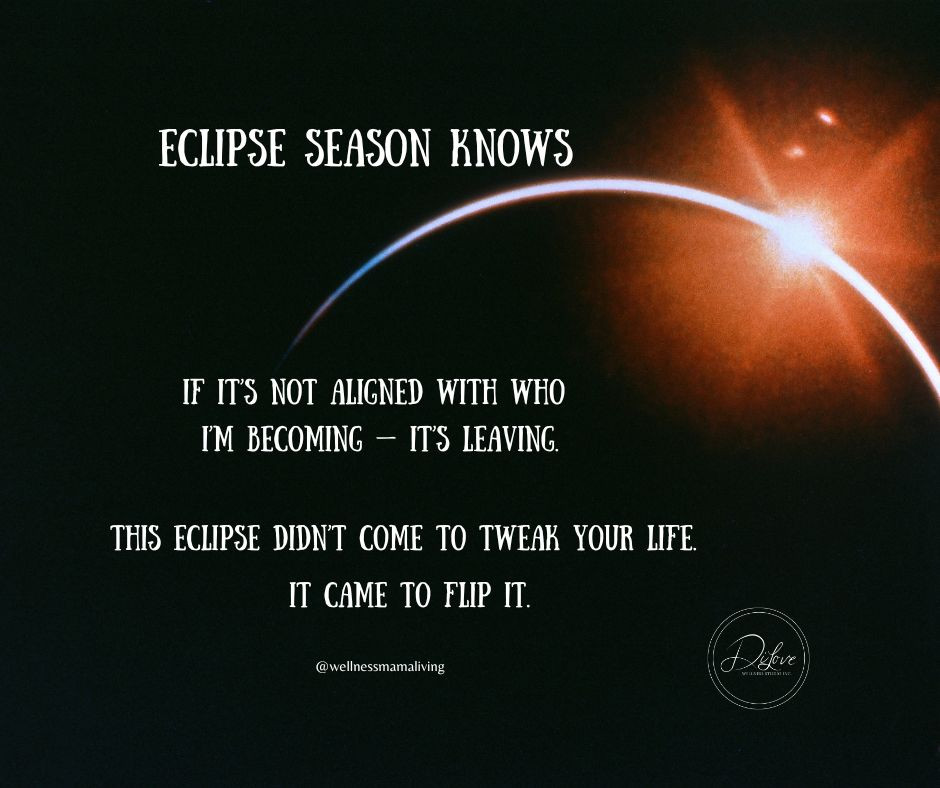

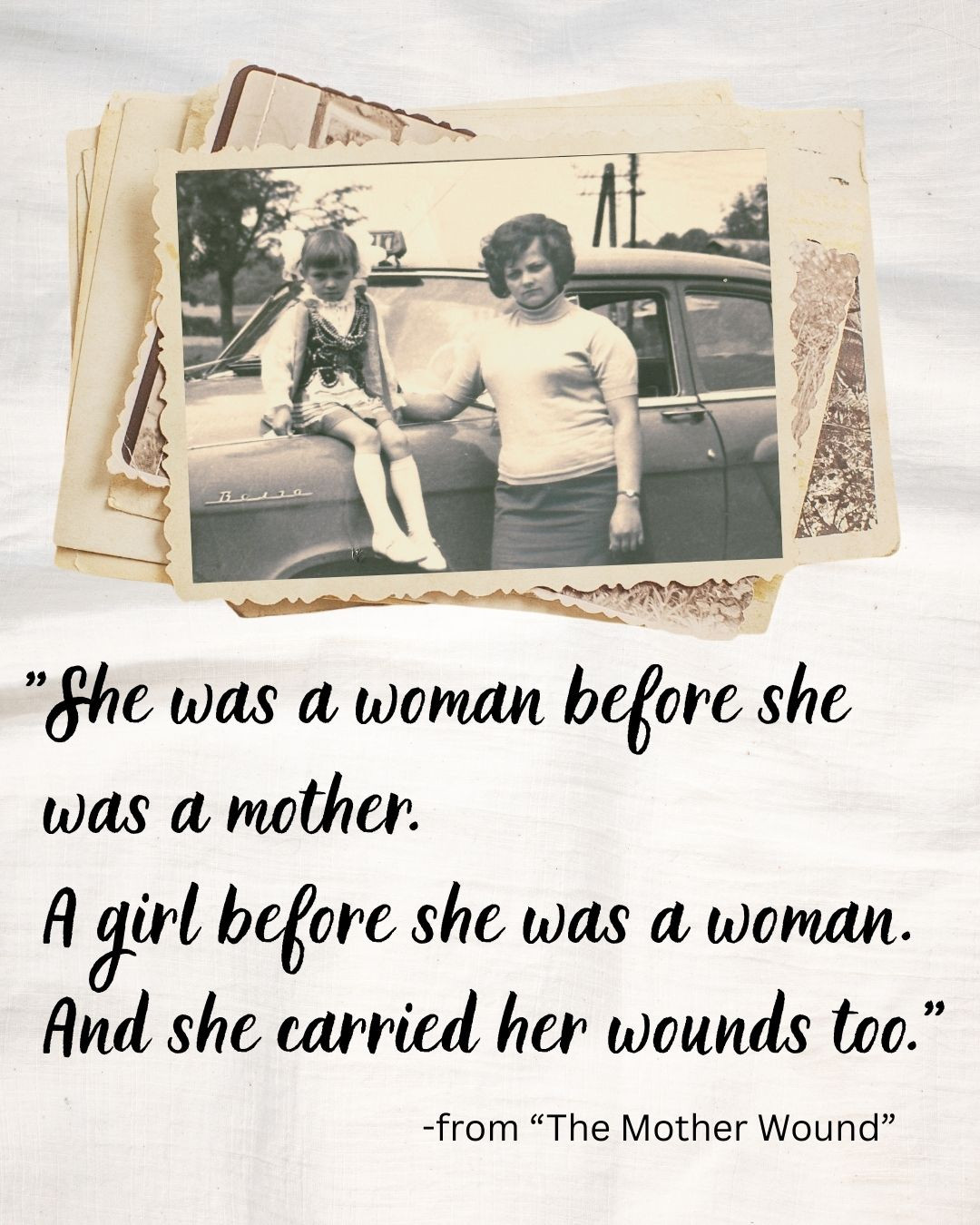



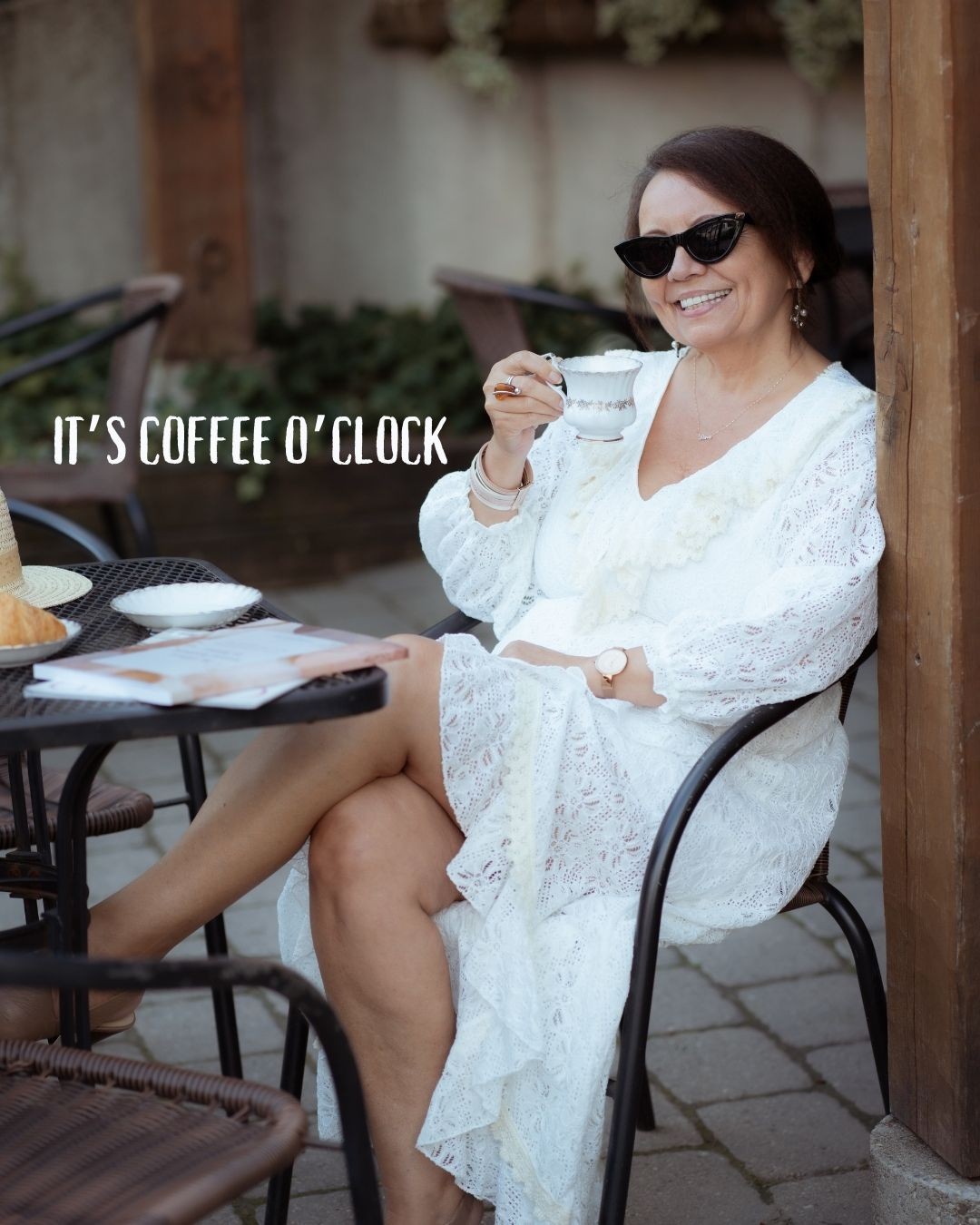
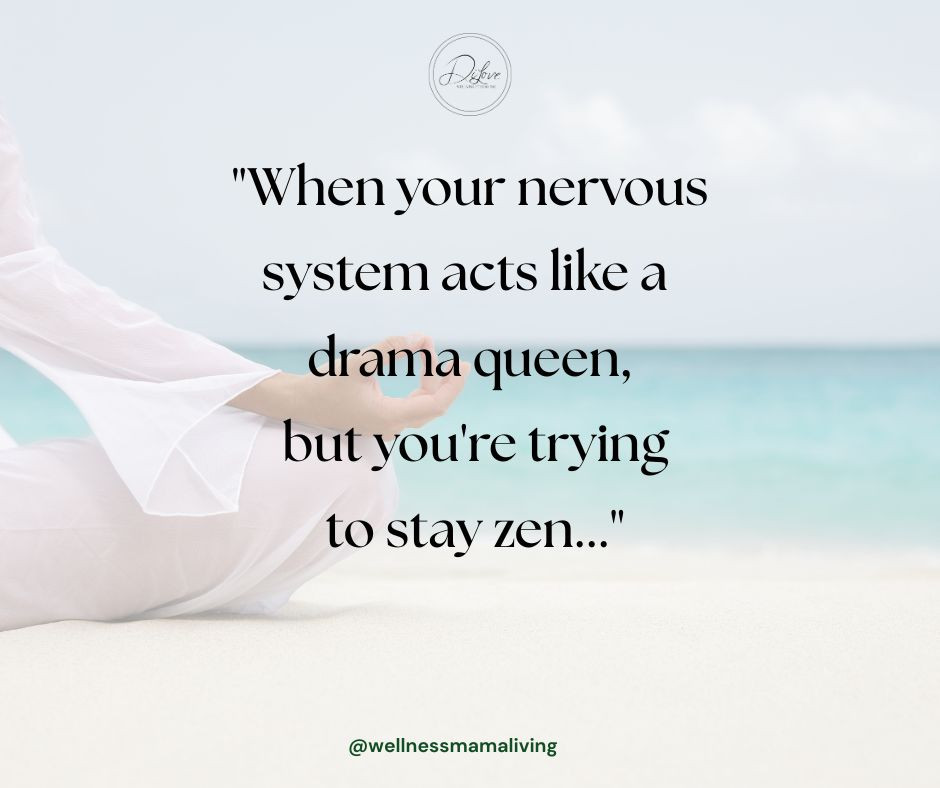

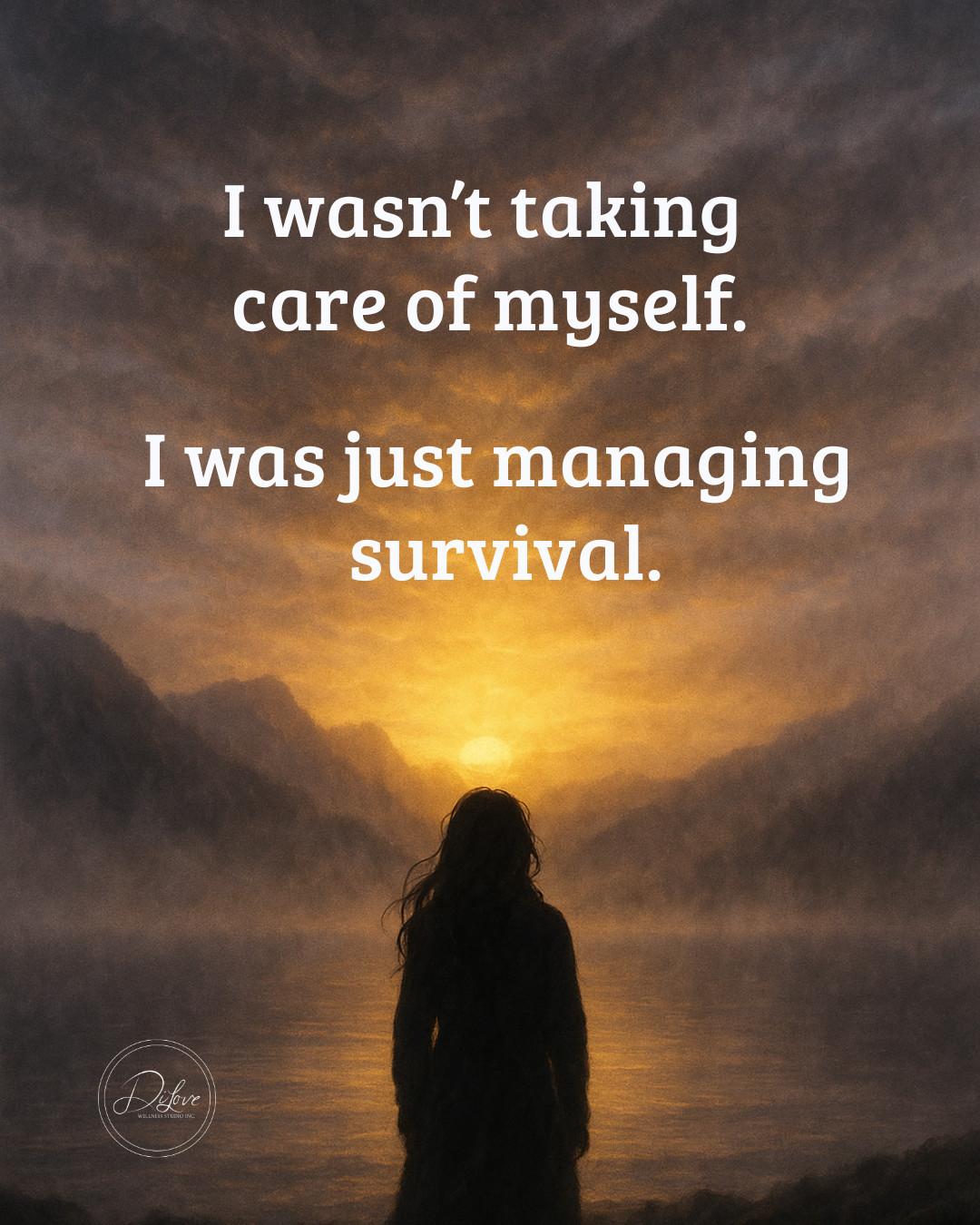
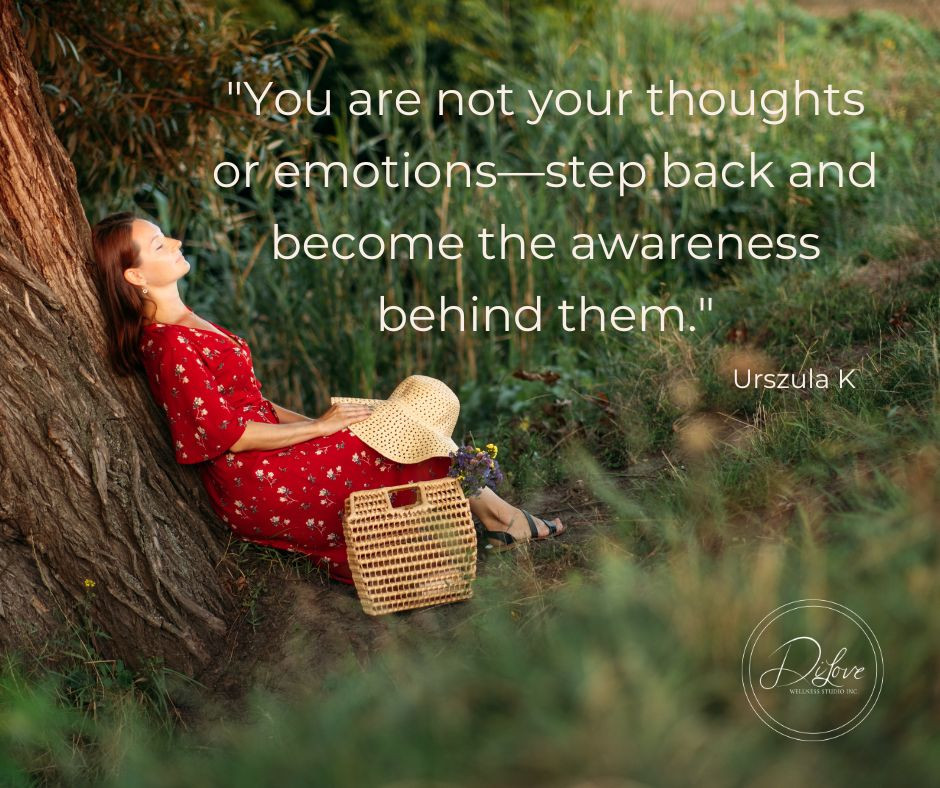
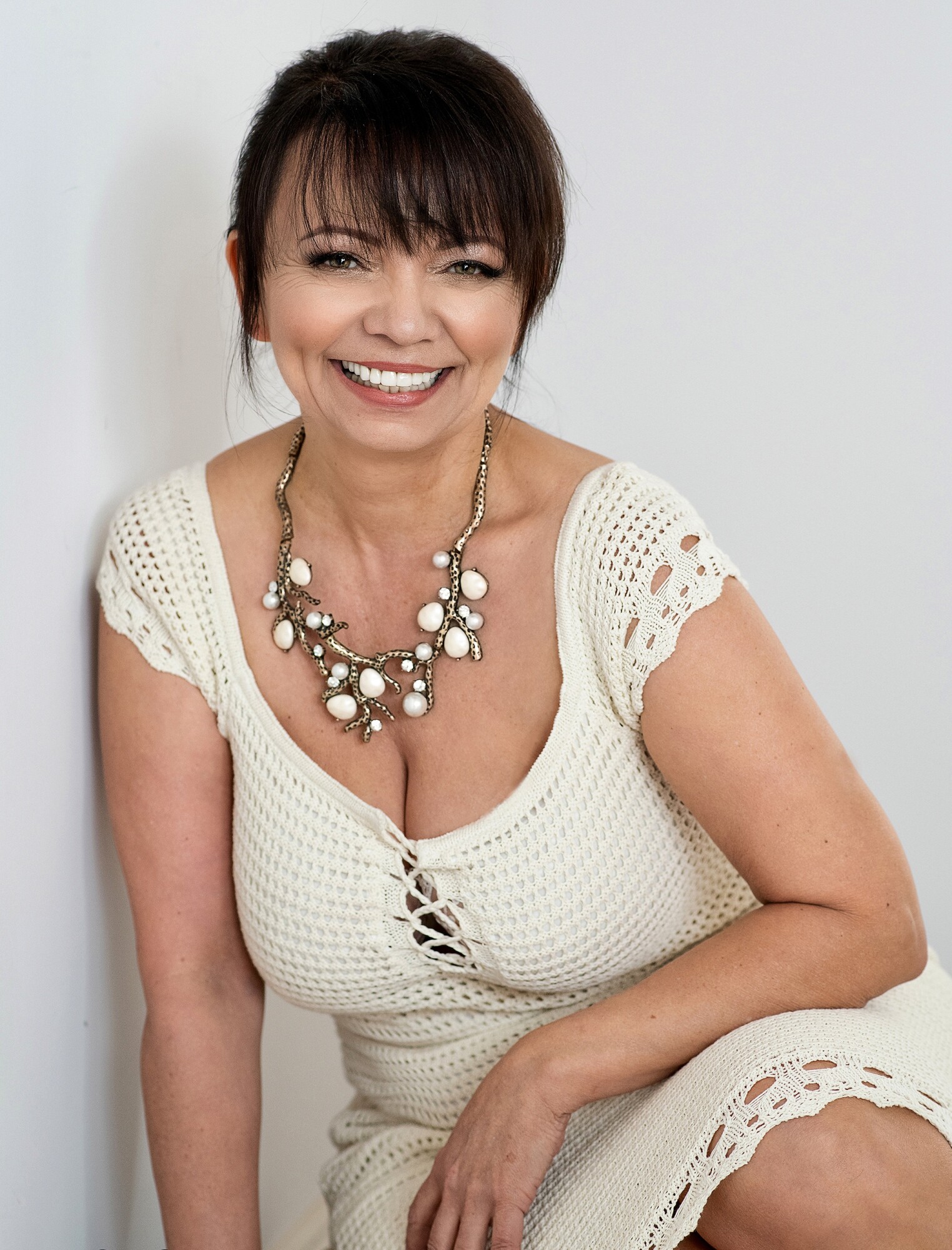
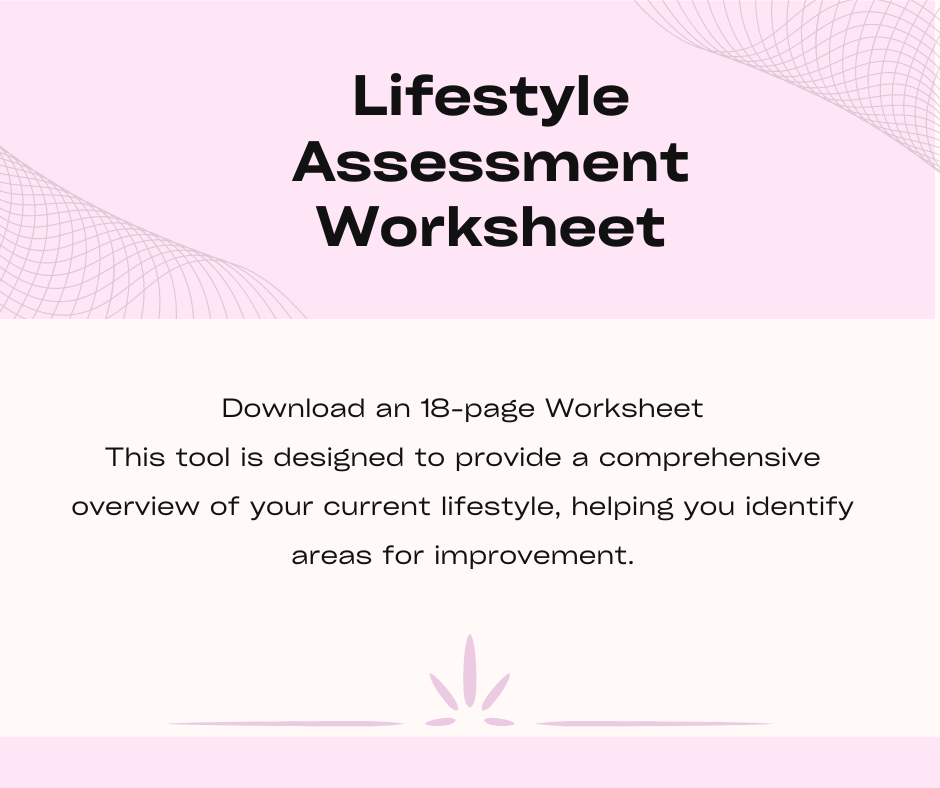





0 Comments